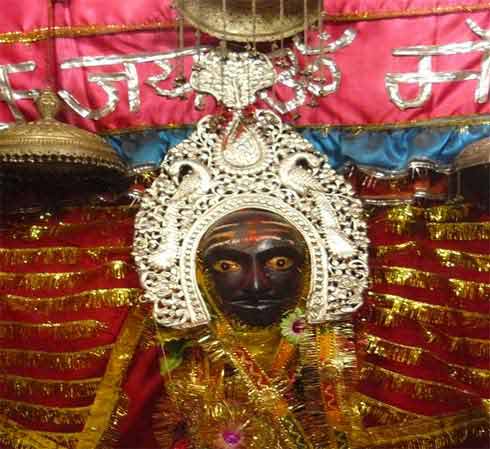Thawe Mandir is a Hindu temple located in the town of Thawe, in the Gopalganj district of Bihar, India. The temple is dedicated to the goddess Chhinamastika, who is also known as the Goddess of Wisdom and the Divine Mother.
The temple is believed to have been built in the 12th century, during the reign of the Pal dynasty. It is considered to be one of the most important pilgrimage sites in Bihar and attracts a large number of devotees from all over the country.
The architecture of Thawe Mandir is a unique blend of Mughal and Rajput styles, with intricate carvings and designs that reflect the rich cultural heritage of the region. The temple is also famous for its annual Chhinnamasta Mela, which takes place during the Hindu month of Chaitra (March-April) and attracts thousands of pilgrims from far and wide.
The temple complex also includes a number of other shrines dedicated to various gods and goddesses, as well as a dharamshala for the convenience of pilgrims. Thawe Mandir is not just a place of worship, but also a symbol of the rich cultural heritage and traditions of Bihar.
Read more about timing and views photos: Durga Mandir, Thawe Mandir, Gopalganj, Bihar
The exact date of the foundation of Thawe Mandir is not known, but it is believed to have been built in the 12th century during the reign of the Pal dynasty. The credit for the establishment of Thawe Mandir goes to the devotees and rulers of the Pal dynasty who built the temple as a sacred place for the worship of the goddess Chhinamastika. Over the centuries, the temple has undergone several renovations and additions, and today it stands as a magnificent example of ancient Indian architecture and cultural heritage. The temple has played an important role in the lives of the people of the region, and it continues to be a significant pilgrimage site attracting devotees from all over the country.
The trust and managing committee of Thawe Mandir are responsible for the maintenance and management of the temple complex. The temple is managed by a board of trustees, who are appointed by the government of Bihar. The board is responsible for the day-to-day management of the temple, as well as for ensuring that the temple is well-maintained and preserved for future generations.
The managing committee of Thawe Mandir is made up of a group of priests and other officials, who are responsible for the daily rituals and ceremonies that take place in the temple. They also oversee the administration of the temple and its facilities, and ensure that the needs of the devotees are met.
The trust and managing committee of Thawe Mandir play an important role in the preservation and promotion of the temple’s cultural and religious heritage. They work tirelessly to ensure that the temple remains a place of worship and pilgrimage for generations to come.


